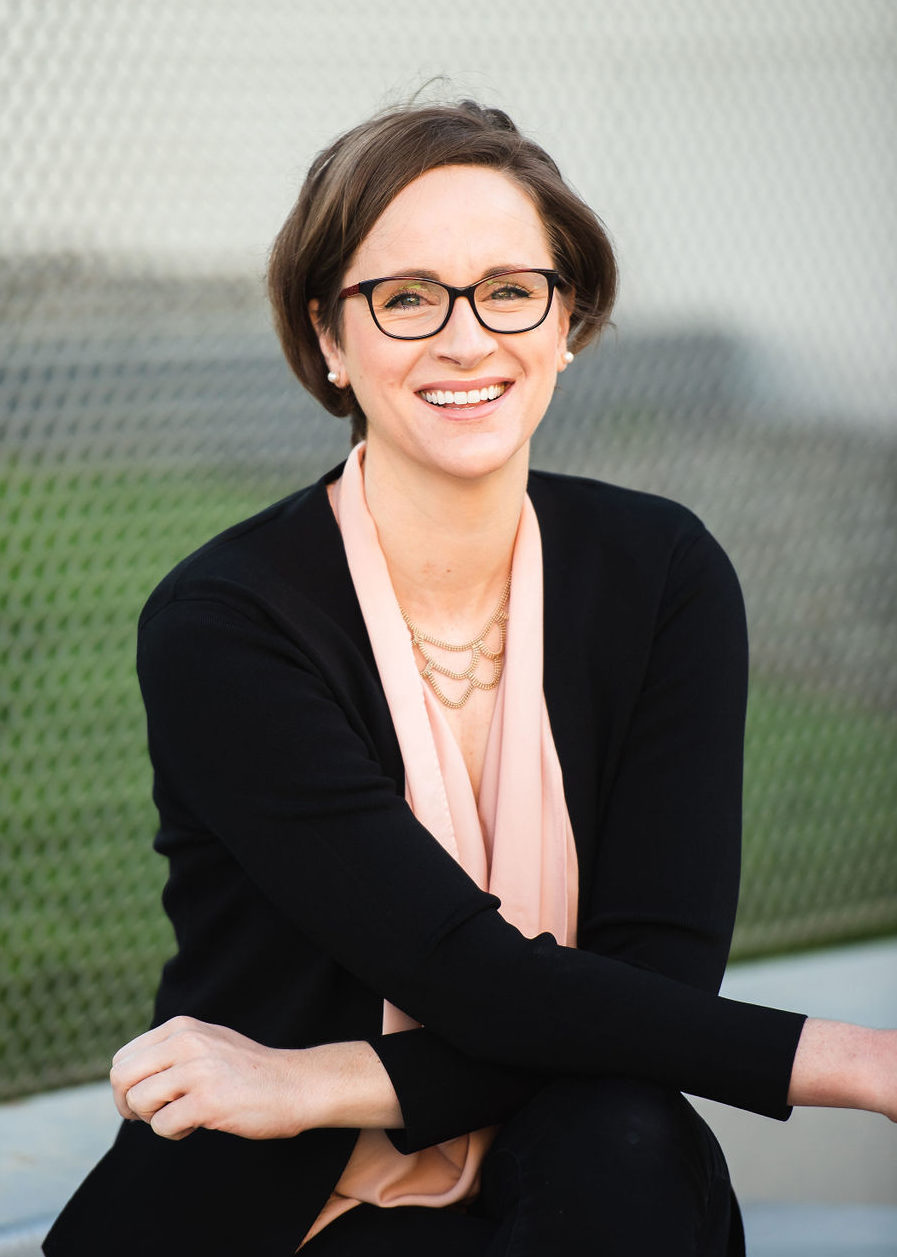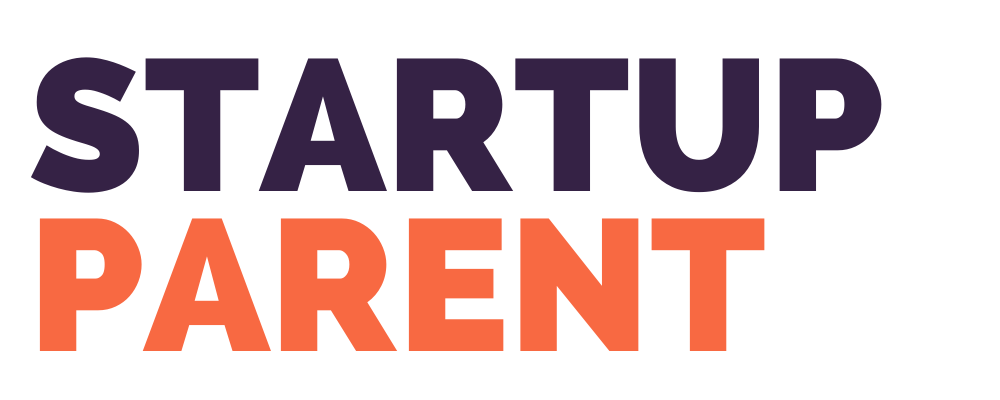Where Did My Brain Go?
I sat down to write a newsletter—something that normally takes me short-ish amount of time, as far as I remember. But it took me all day, and at the end of writing, I felt skittish, like I’d left things unsaid, like I couldn’t write. Like I couldn’t think. I stared at the screen and spent the remainder of the evening rearranging words on the page, self-editing. It was like the sentences were soupy, filled with mud.
Living and recovering at the edge of burnout and pandemic brain fog
After a year of living through a pandemic, and seven months without childcare, clutching at survival (PLEASE watch the iPad, I’d beg), after a year of waking up at 3am or 4am and chugging through it all and keeping things together, I’m foggy, I’m forgetful, and I’m clearly not my best.
The next year wasn’t markedly better. Schools shut repeatedly, colds sent the kids home. We were stuck in the spin cycle of “will they or won’t they?” keep the schools open. The vaccines never came. (They’re still not here for the under-five bunch—an epic failing of parents and children.)
And still I try to work, as the drum beat of work carries on.
What normally takes me a few hours now takes me a day. The thoughts I used to have are swimming around in a buzz just outside of my grasp. I do not know how to have conversations with people, yet I have them daily, on Zoom, and people seem to think I’m doing a decent job. But my sense of stupor at things I used to take for granted haunts me.
The mental and emotional toll of social distancing
Ellen Cushing writes about all the things she’s forgetting in a piece for the Atlantic: “Sometimes I walk into the kitchen and find myself bewildered as to why I am there.” These remnants of our past life, these behaviors—how we behave at social events, how to engage in chit chat, these are habits we’re losing, or have lost, and need to re-wire.
“Sometimes I walk into the kitchen and find myself bewildered as to why I am there.”
“Everywhere I turn, the fog of forgetting has crept in,” she wrote. Mike Yassa, a neuroscientist she interviewed for the article, says we’re all walking around with some mild cognitive impairment. Trauma, boredom, stress, and inactivity aren’t great for our brains and beings.
My therapist reminds me that over the last year we’ve all engaged in a traumatic, horrible shut-down. Not only trauma, but also it’s as if we’re all acting out a performance pretending as if we’re depressed, and so we’ve become depressed as a result. This is on top of the skyrocketed rates of depression—isolating yourself can result in further depression among people who don’t normally experience it. The relative physical safety of self-isolation is not without effect—it can be harmful mentally and emotionally.
When we hole ourselves off from other humans, when we only interact with screens, when we lack social and infrastructural support, when we lose jobs, when worry rises—we are acting as if, living into, and becoming all of these things: depressed, anxious, worried, isolated.
What’s next? Where do we go from here?
Somewhere in the swampy middle of the pandemic, between people getting vaccinated and variants are bubbling forth, in the twilight of still just waiting, I realize that the last year has wrenched-wrecked-obliterated-massacred-left me standing awkwardly at my front door, wondering—what’s next?
Where do we go from here? And moreover, how will we recover?
When daycare returned, I wanted to jump straight back to work, to make everything zip back to the world it was. But we’re not living in the world as it was. We’re living in a partially shut-down, massive-lives-lost, businesses decimated, shattered world. We’re in the midst of reconciling with the grief and devastation of the last year while trying to hold up—or patch together—new lives.
There is no “back to” that we’re going back to. There is “now,” and there is “next,” and as much as I’d like to pick up everything where we left off, I’m getting acquainted with the idea that it’s not possible to return to where we were. The path ahead will require rest, it will ask for recovery, and I’m just starting to recognize how much it’s asking me to slow down.
— Sarah Peck
CEO & Founder
Startup Parent
READING + LISTENING
March 12, 2021
A safety net for American children. The child tax credit passed as part of the recent stimulus is a huge, sweeping change that has the potential to become permanent beyond the next two years. This is a step towards establishing a guaranteed income for families with children, and could eliminate 50% of child poverty in America. Listening to the episode brought me to tears. Finally, we’re doing something. More in this article.
368 startup failure post-mortems. If you’d like to read the data on startup death and learn more about why startup tech companies usually fail, this research brief is a primer on how common it is to fail, as well as a fascinating insight into how founders describe their failure. Read the pile of startup obituaries.
Chasing speed is a flawed approach. “Decisions don’t come out of thin air. They’re supported by a lot of thinking.” Farnam Street looks at how thinking rates are fixed, and why we need more time and energy to make decisions, and why chasing speed can make us worse, not better, at the thing we need to be better at: making critical decisions. “Hurry up” culture and trying to work faster at all times results in poor decisions that create future problems.
ABOUT THE STARTUP PARENT PODCAST
If you're growing a business, leading a team, or figuring out entrepreneurship and you have kids, this podcast is for you. We go in-depth with founders and entrepreneurial parents about what it really takes to have babies, grow businesses, and get a little bit of sleep. Sign up for the newsletter to get new episodes in your inbox. And leave us a review on iTunes.
Listen to The Startup Parent Podcast on Apple ★ Spotify ★ Overcast ★ Stitcher ★ Castbox or wherever you listen to podcasts. Find another podcast player or the RSS feed here.

Sarah K Peck
Founder, Startup Parent
Sarah Peck is a writer, startup advisor, and yoga teacher based in New York City. She’s the founder and executive director of Startup Parent, a media company documenting the stories of women’s leadership across work and family. She hosts the weekly Startup Parent Podcast and Let's Talk, her second podcast. Previously, she worked at Y Combinator backed One Month, Inc, a company that teaches people to code in 30 days, and before that she was a writing and communications consultant.
She’s a 20-time All-American swimmer who successfully swam the Escape from Alcatraz nine separate times, once wearing only a swim cap and goggles to raise $33k for charity: water. She’s written for more than 75 different web publications and and has delivered speeches and workshops at Penn, UVA, Berkeley, Harvard, Craft & Commerce, WDS, and more.
